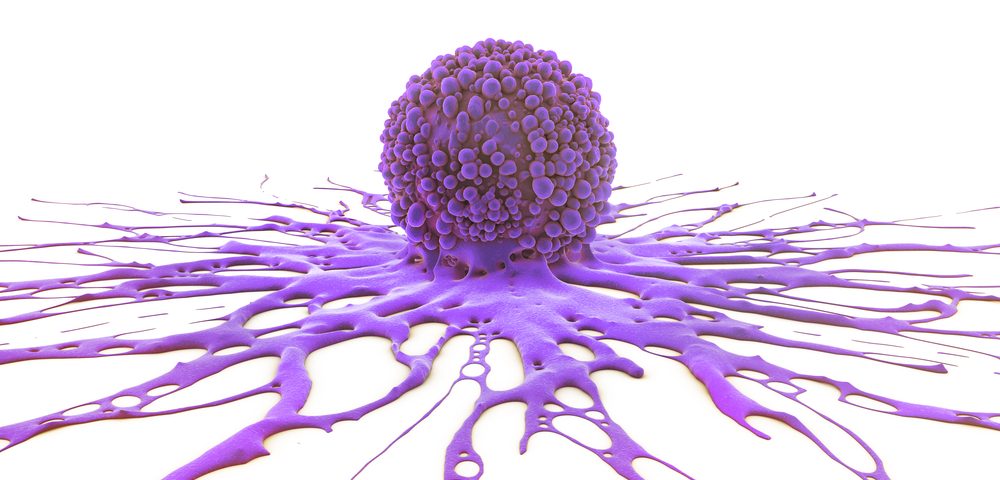Patients with previously untreated follicular lymphoma may soon be able to replace a regimen of chemotherapy and Rituxan (rituximab) with Rituxan and Revlimid (lenalidomide) after a Phase 3 trial showed similar effectiveness for both regimens.
The findings of the study, “Rituximab plus Lenalidomide in Advanced Untreated Follicular Lymphoma,” were published in The New England Journal of Medicine.
The combination of Rituxan and chemotherapy is highly effective in patients with advanced, untreated follicular lymphoma. Unfortunately, most patients experience adverse side effects associated with chemotherapy, including immune system suppression, peripheral nerve damage, cardiac and gastrointestinal toxic effects, and eventually, relapse following treatment.
On the other hand, previous Phase 2 clinical trials (NCT00695786, NCT01145495) indicated that a combination of Rituxan and Revlimid led to high response rates in previously untreated follicular lymphoma patients. Revlimid is an immunomodulatory drug agent recommended for certain types of blood cancers, including indolent B-cell non-Hodgkin’s lymphoma.
In the latest study, a team of researchers from the University of Lille, along with international collaborators, designed an international, randomized, Phase 3 clinical trial (NCT01476787, NCT01650701 and EudraCT number, 2011-002792-42) intended to assess the efficacy of Revlimid versus chemotherapy in a group of previously untreated follicular lymphoma patients.
The RELEVANCE study enrolled 1,030 patients who were randomly assigned to receive either Rituxan plus Revlimid or the standard Rituxan plus chemotherapy regimen for 18 cycles, followed by Rituxan maintenance therapy every eight weeks for 12 cycles (six additional doses).
Patients assigned chemotherapy were further subdivided into groups containing one of the three available Rituxan-based therapeutic regimens, as chosen by the investigator – R-CHOP (72%), R-B (23%), and R-CVP (5%).
The study’s primary objective was to measure the number of patients achieving a complete response (both confirmed and unconfirmed) in both groups, as well as the time a patient lived without their disease progressing.
The rate of confirmed or unconfirmed complete response was similar between the two groups: 48 percent in the Revlimid group, and 53 percent in the chemotherapy group.
Also, a similar number of patients remained alive and disease-free at three years: 77 percent of patients on Revlimid and 78 percent on conventional therapy.
Regarding adverse side effects, a higher percentage of patients receiving chemotherapy experienced low levels of white blood cells (32% vs. 50%) or febrile neutropenia (2% vs. 7%). Conversely, a higher incidence of skin reactions was observed among patients receiving Revlimid (7% vs. 1%).
“[T]he efficacy of rituximab plus lenalidomide was similar to that of rituximab plus chemotherapy; however, differences between the two groups were noted in safety profiles, with a higher incidence of grade 3 or 4 neutropenia and febrile neutropenia of any grade with rituximab plus chemotherapy and a higher incidence of grade 3 or 4 cutaneous reactions with rituximab plus lenalidomide,” researchers wrote.
Together, these findings strongly suggest that untreated patients with advanced follicular lymphoma might benefit greatly from a combination therapy incorporating Rituxan with Revlimid, which shares the same efficacy of conventional Rituxan plus chemotherapy while overcoming some of its adverse side effects.


